Center for Healthy Air, Water and Soil
Center for Healthy Air, Water and Soil
Mission
The mission of the Center for Healthy Air, Water and Soil (CHAWS) is to advance environmental health research by exploring the critical links between air, water, soil, and human wellbeing. We are committed to conducting innovative, community-focused research that empowers residents, informs public health policies, and promotes environmental justice. Through partnerships, participatory science, and data-driven solutions, we aim to improve the health and quality of life for underserved communities, while fostering a deeper understanding of how our environment shapes our health.
Goals
One: Investigate the effects of our environments on health outcomes to increase understanding about how the environment impacts health across space,
Two: Study how differences in urban environments give rise to health disparities, and
Three: Explore how changes to urban environments can improve health equity and use this information to develop new models for healthy, urban living.
Research
Our Research
CHAWS conducts community-facing projects that connect residents to research, revealing the place-based environmental determinants of health (air, water, and land use) that influence wellness and chronic conditions like asthma, COPD, diabetes, and heart disease. Through our work, we advocate for policies that improve the environmental factors that affect health. By investing in neighborhoods, we can enhance Louisville’s communities and make it possible for everyone to achieve good health. We believe that improving the places where people live, work, and play through evidence-based public health interventions is key to promoting good health and reducing inequities.
Explore our published research.
Participatory Science
Participatory science offers an exciting opportunity for individuals to get involved in scientific research and make meaningful contributions to understanding the connections between our environment and health. By participating in projects like community monitoring, data collection, or volunteer research, anyone can help advance scientific knowledge. You can contribute to the Center’s research efforts, whether it's reporting odors through the Smell MyCity app or joining cleanup efforts along the Ohio River. Together, we can help protect our environment and improve public health.
Areas of Focus
Air
The Center’s pioneering work in determining how exposure to outdoor air pollution increases the burden of asthma and COPD began with the AIR Louisville Project. In 2015, AIR Louisville enrolled 1,147 Louisvillians and tracked where and when they experienced asthma or COPD symptoms. 1.2 million data points collected by citizen scientists about their asthma triggers were combined with 5.4 million environmental data points to show how air quality impacts asthma events. Current air research includes the Rubbertown Air Toxics and Health Assessment (RATHA), an EPA-funded partnership with Louisville Metro Government’s Air Pollution Control District (APCD) to investigate how current and historic industrial air pollution impacts health in the neighborhoods around Rubbertown. The Center supports the Green Heart Louisville Project and has developed a method to investigate air pollution exposure through wastewater-based epidemiology.
Water
CHAWS has developed Louisville's wastewater-based epidemiology (WBE) system that enables our team to track dozens of diseases and exposure to air pollution in real time across Jefferson County. This work began in 2019 through the Green Heart Project and expanded in 2020 when we began tracking SARS-CoV-2 virus. Today, this work includes participation in the CDC’s National Wastewater Surveillance System (NWSS) and the Kentucky Wastewater Surveillance System (KWSS), investigations into pollution exposure (volatile organic compounds and heavy metals) in multiple locations around the city, emergency response, and screenings for diseases of special interest such as measles, bird flu, and Hepatitis C. Since this work began, we have collected and analyzed more than 2,000 wastewater samples.
Soil
Soil is the foundation of our cities and represents the places we call home. Our neighborhood environments shape the choices we make and how we live, making the environmental factors that influence health an essential part of a healthy community. CHAWS investigates place-based environmental determinants of health—the physical and social factors in our surroundings that can influence our health and wellbeing. From the Universal Basic Neighborhood Project to assessments of environmental vulnerabilities, we are working to understand how we can adjust the neighborhoods we’ve built to make them supportive of health.
Team
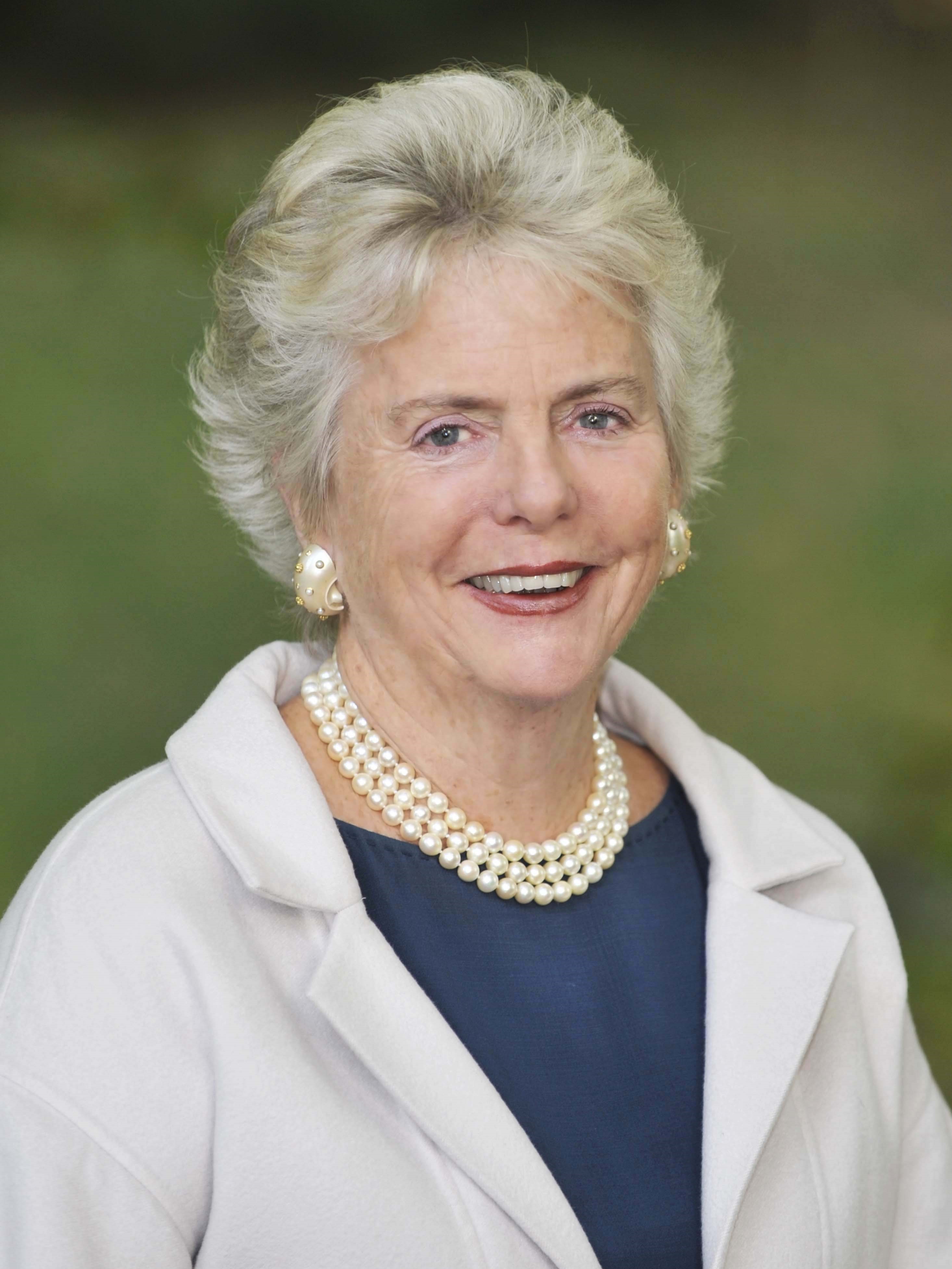
Christina Lee Brown
Founder
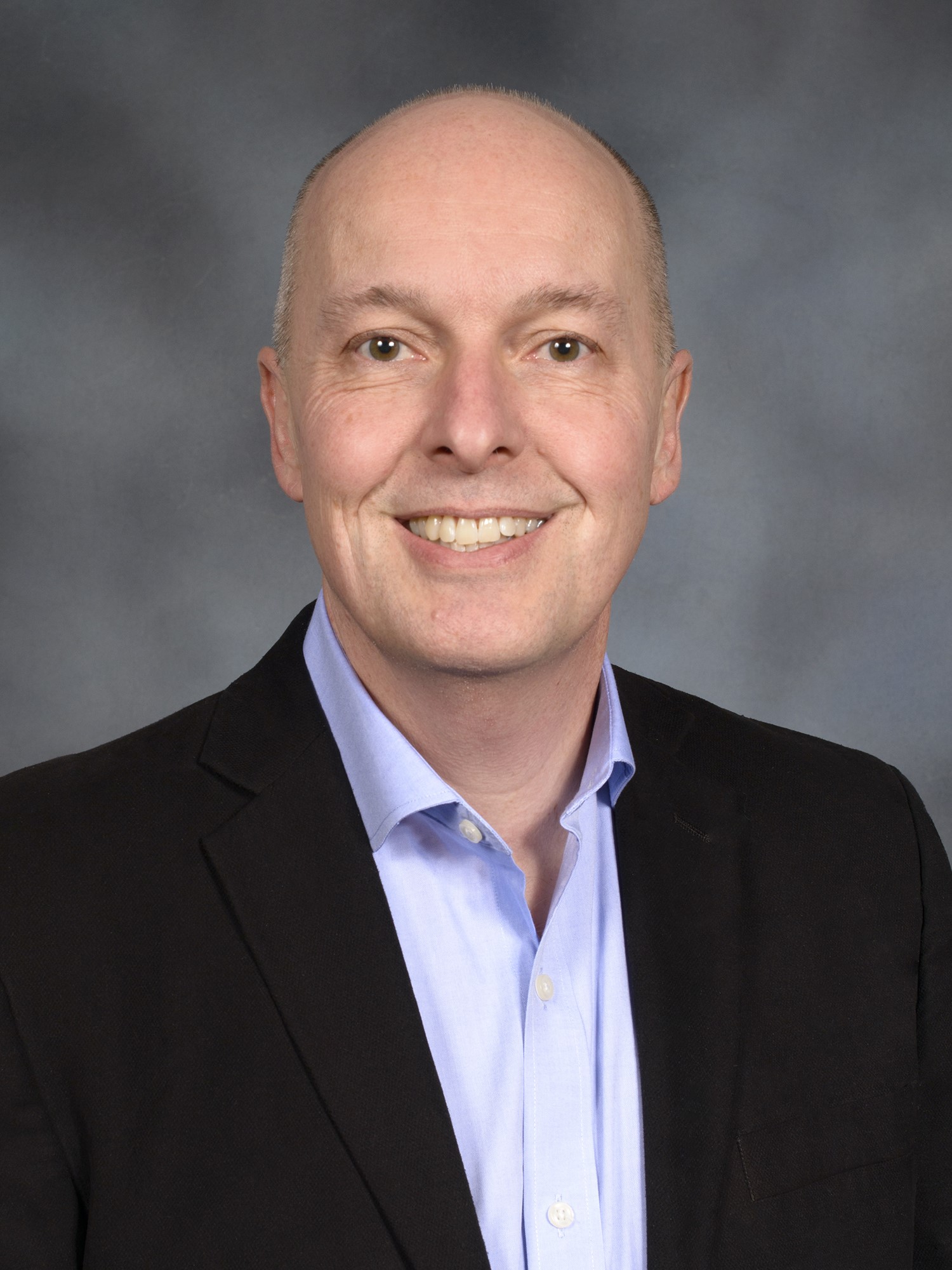
Ted Smith, PhD
Director
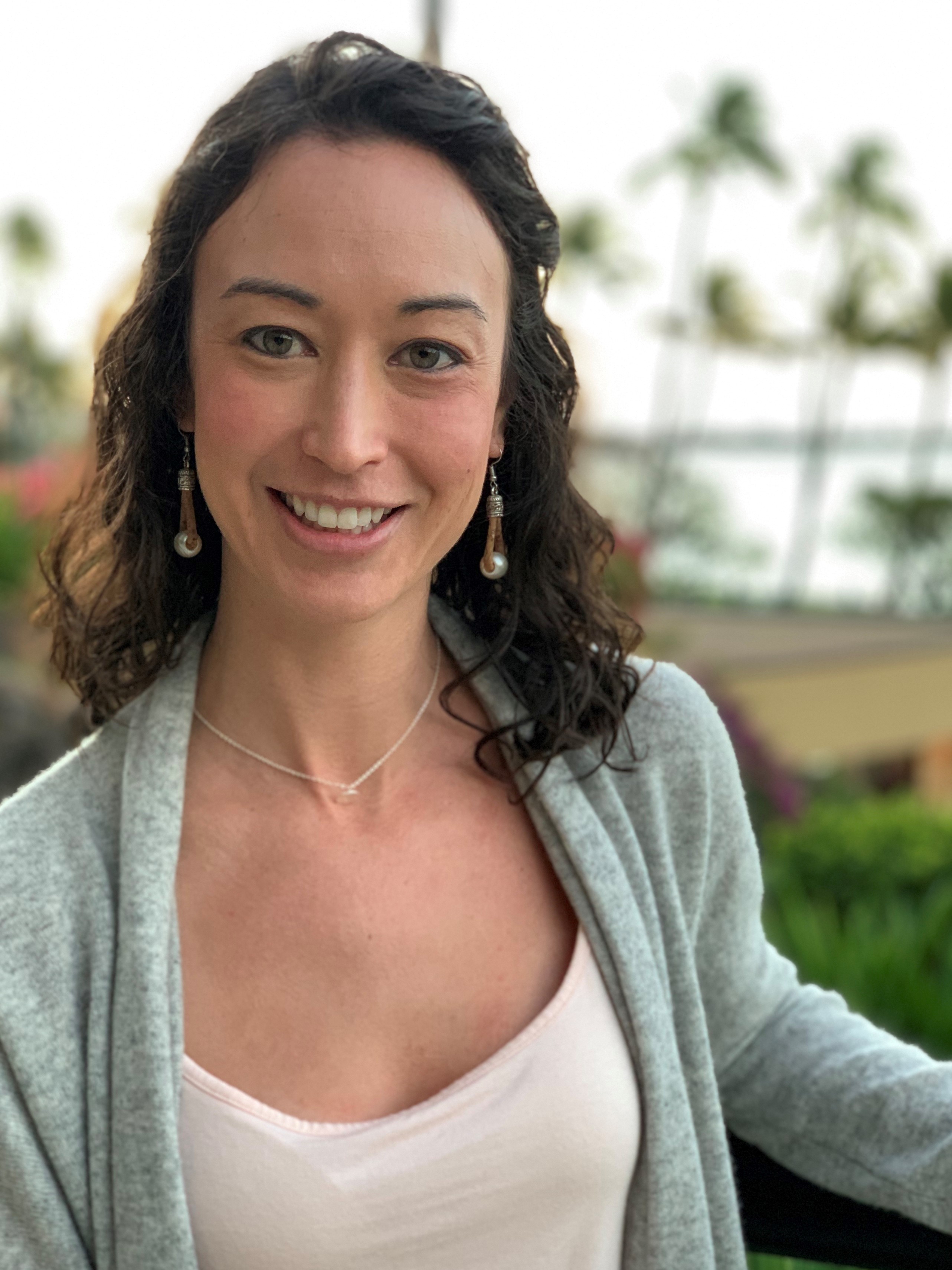
Lauren Anderson
Program Manager
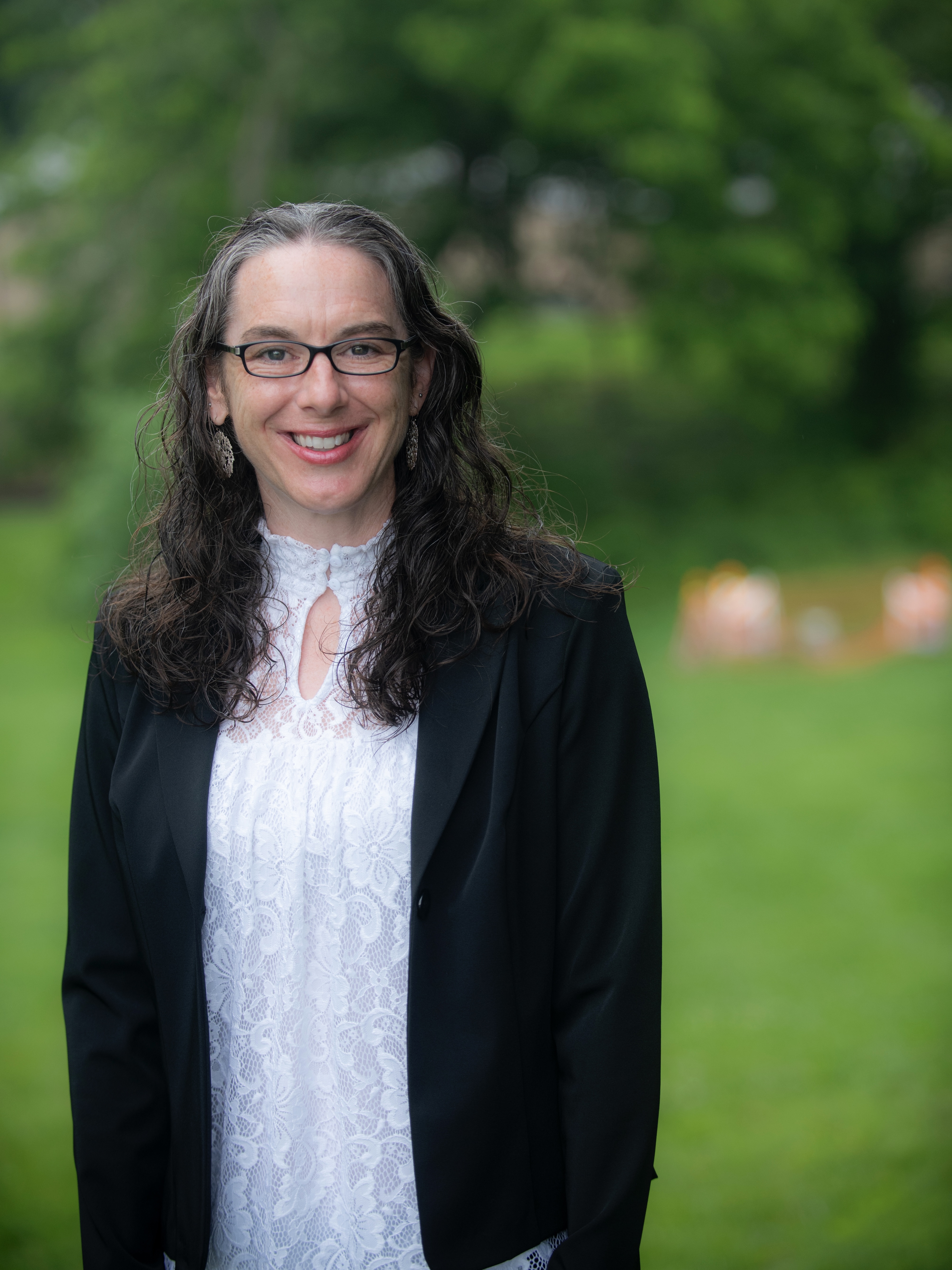
Rochelle Holm, PhD, PMP
Associate Professor
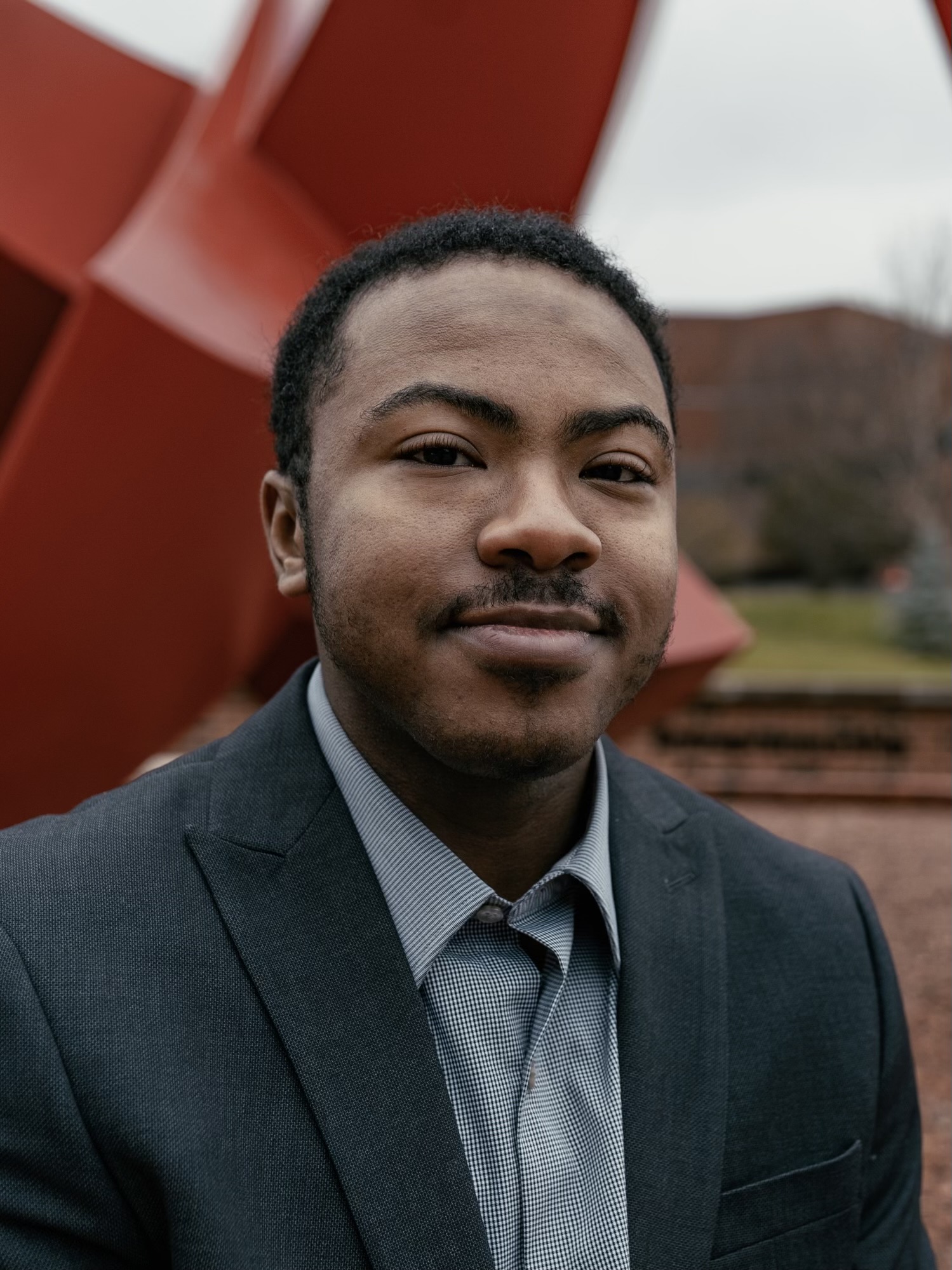
Caison Black
Research Data Manager
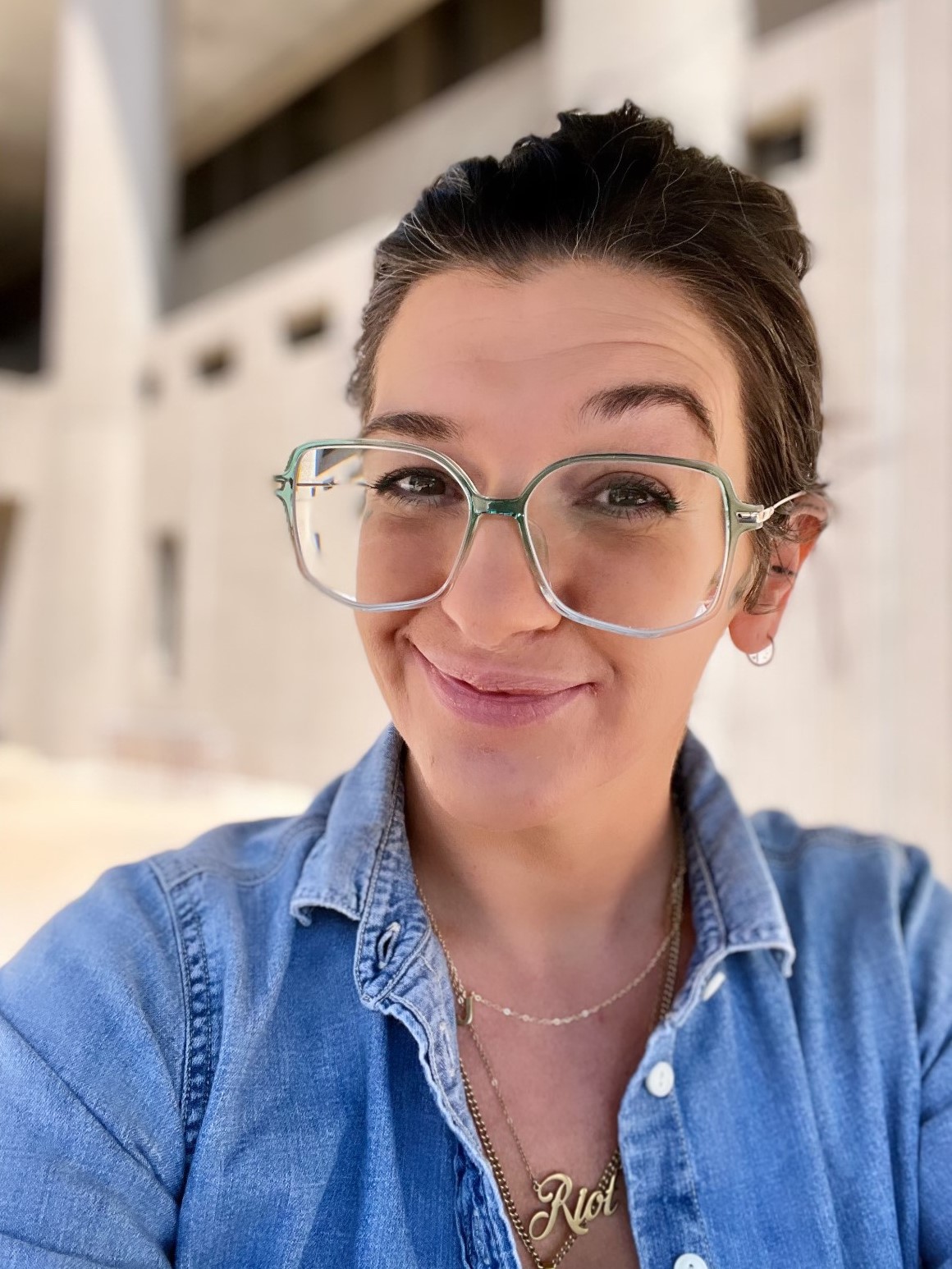
Kat O Connell
Graduate Research Assistant

Heather Ness
Graduate Research Assistant

Angelina Rangel
Geographic Information Studies Intern

Anna Dusterhoff
Computer Science & Engineering Cooperative Education Student

Dammy Jeboda
Undergraduate Research Assistant

Makayla Stephens
Undergraduate Research Assistant